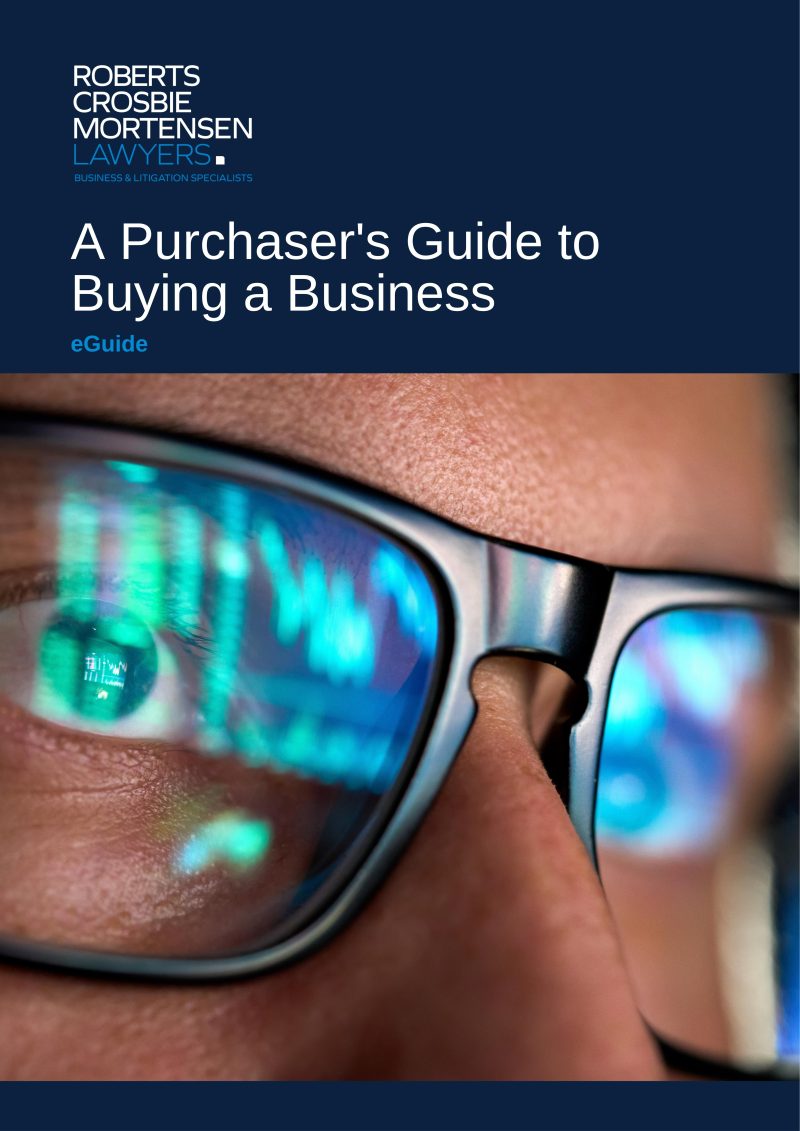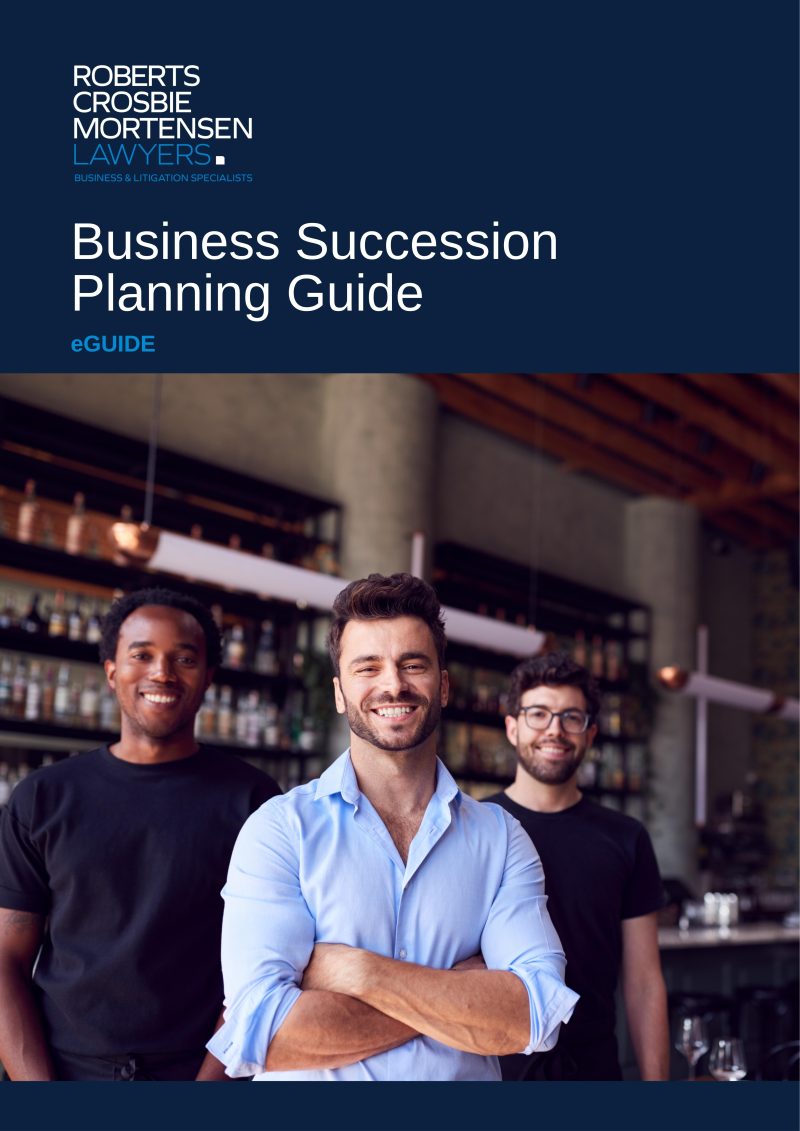The Essential Elements of Legal Privilege
For privilege to apply, the information must be confidential, made in the context of a professional relationship, and with the dominant purpose of either giving or receiving legal advice or relating to current or anticipated litigation. It is important that advice that you receive from your legal advisor is kept confidential. Practically, this means you should avoid sending any communication with your lawyer to a person that is not part or your organisation or that you are in dispute with.
A communication will be privileged where it is confidential and is made for the dominant purpose of either giving or receiving legal advice (known as advice privilege) or in the context of current or anticipated litigation (known as litigation privilege).
Privilege is protected under case law and section 118 (advice privilege) and section 119 (litigation privilege) of the Evidence Act 1995.
Each of the elements of client legal privilege are discussed below.
1.Confidentiality
The communication must be made in confidence or in private, and its content must not be generally known or widely distributed.
If the content of the communication is widely known, or the nature of the communication cannot properly be said to be confidential, then it is unlikely that a claim for privilege will apply.
2. Professional Relationship
The communication must be made in the context of a professional relationship between the legal adviser and the client. The legal adviser must act in their capacity as a legal adviser, be competent and independent, and act with “professional detachment” and “objective impartiality”.
The idea of the professional relationship is particularly relevant in the context of in-house counsel, who often wear different “hats”, and occupy various roles as a direct employee of their client company.
Communication must not only be made with a solicitor but also with the solicitor acting in their capacity as such, rather than in some other capacity (for example, in their role as the company secretary or in some form of commercial role).
A professional relationship can exist if your legal advisor is a friend or relative, but this relationship must be established before disclosing confidential information.
3. Dominant Purpose
Finally, the communication must be made for the dominant purpose of either:
- giving or receiving legal advice or
- current or anticipated litigation.
The privileged purpose for making the communication must be the “ruling, prevailing or most influential purpose” for which the communication was made. The dominant purpose of the communication is determined at the time of its creation, and it is the purpose of the author of the document that is relevant.
This test will not be satisfied if there are two or more purposes of equal or roughly the same weight.
“Dominant purpose” is also an objective test. The Court must look at the surrounding circumstances and not simply the subjective intention of the party claiming privilege. In other words, simply writing “Privileged” on a document does not make it so.


























